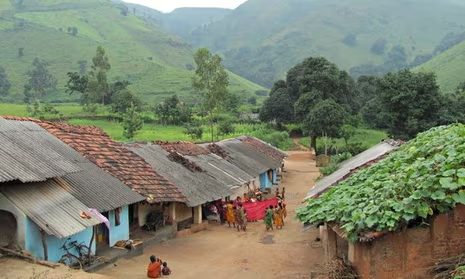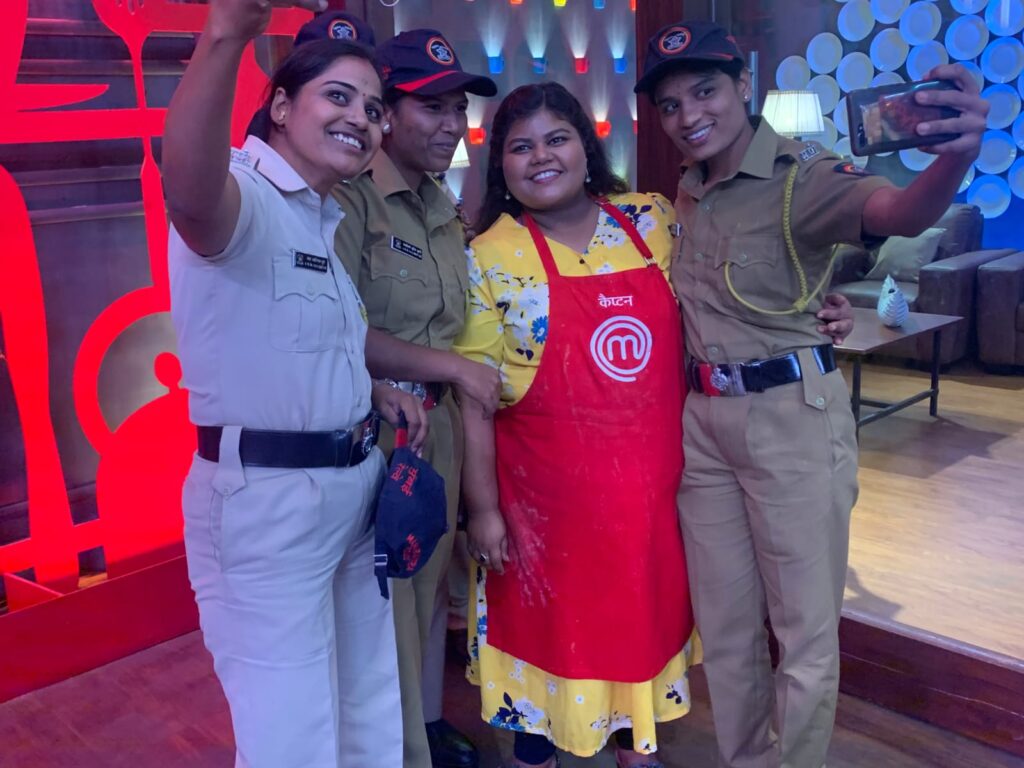Now Reading: In Small-Town India, Your Lifestyle Still Speaks Louder Than You Do
-
01
In Small-Town India, Your Lifestyle Still Speaks Louder Than You Do
In Small-Town India, Your Lifestyle Still Speaks Louder Than You Do

In India’s smaller cities and towns, personal choices often come under a social microscope. What you wear, how late you stay out, who you’re friends with, or whether you’re married—everything becomes public discussion. Unlike big cities where anonymity offers freedom, small-town life can feel like living inside a constant judgment zone.
The Unspoken Rulebook
There’s a silent rulebook that governs behavior in Tier 2 and Tier 3 towns. For women, wearing ripped jeans, smoking in public, or living alone can instantly invite unwanted opinions. For men, being too fashion-forward, choosing creative careers, or not following traditional paths can lead to whispers about being “lost” or “irresponsible.”
People often don’t confront you directly—but the judgments come in sideways glances, backhanded compliments, or community gossip.
Pressure to Conform
The pressure to “fit in” is subtle but relentless. Families worry more about what neighbours will say than what their children actually want. Friend circles shrink when someone chooses a different path—whether it’s staying single, moving in with a partner, or starting a business instead of doing a government job.
Many young adults from small towns say they live dual lives—one version of themselves at home and another when they visit or move to metro cities. The constant performance can be mentally exhausting.
Why It Still Happens
Cultural values and close-knit communities have long defined small-town India. While this closeness can feel warm and supportive, it also leaves little room for individuality. With fewer distractions and slower pace, people often turn their focus to each other’s lives.
Add to that the strong influence of caste, religion, and generational hierarchy, and personal choices quickly become matters of public interest.
The Shift Is Coming, Slowly
Thanks to social media, exposure to diverse lifestyles is increasing. Young people in towns like Nagpur, Ranchi, or Jalandhar are pushing back—creating communities, starting conversations, and asserting their right to live freely. While change is slow, it’s visible.
Local cafes now host open mics. Co-working spaces are full of freelancers. And even family WhatsApp groups are beginning to include “do what makes you happy” as part of their advice.
Conclusion
Being judged for your lifestyle in small towns isn’t new, but the burden of it is now being questioned. For many young Indians, the goal isn’t to escape to a big city—it’s to make space for individuality within their own communities.
Respecting culture shouldn’t mean surrendering personal freedom. And slowly, that balance is being redefined, one quiet rebellion at a time

























